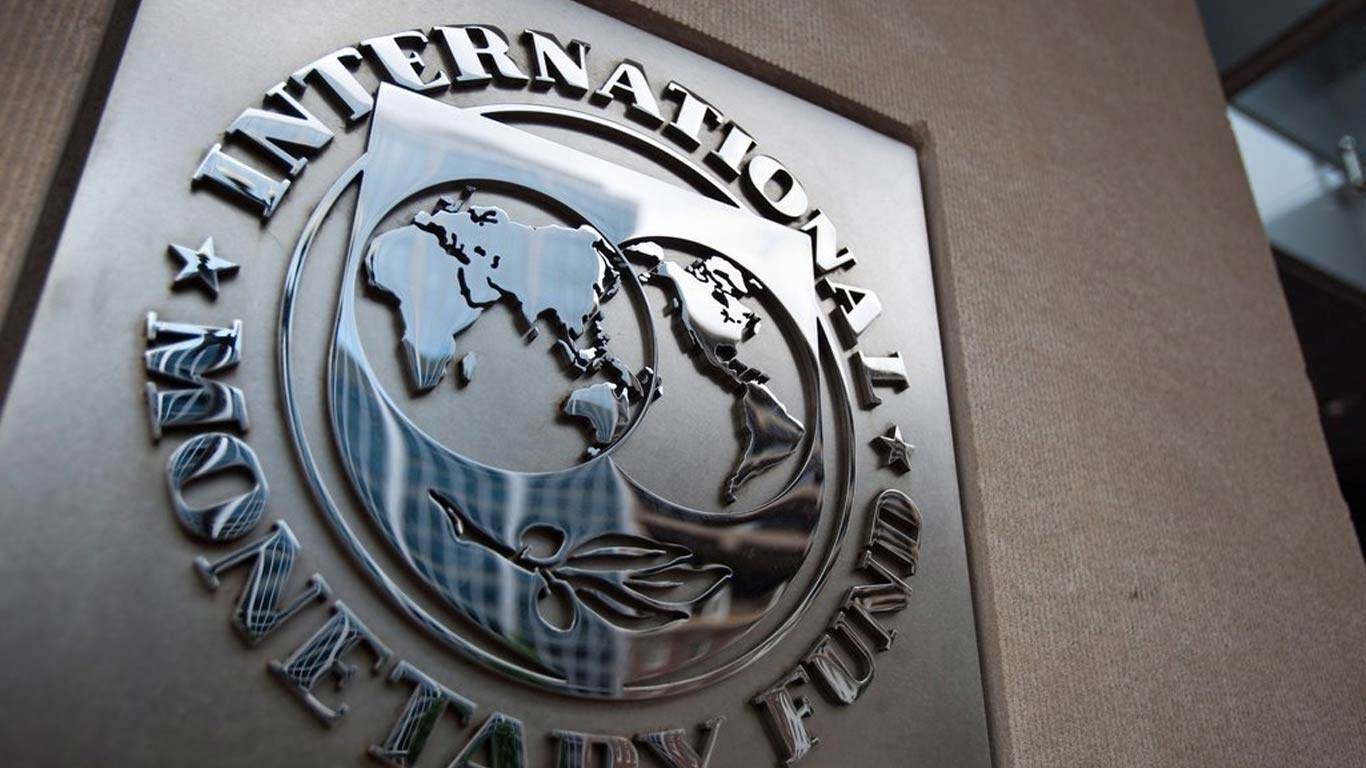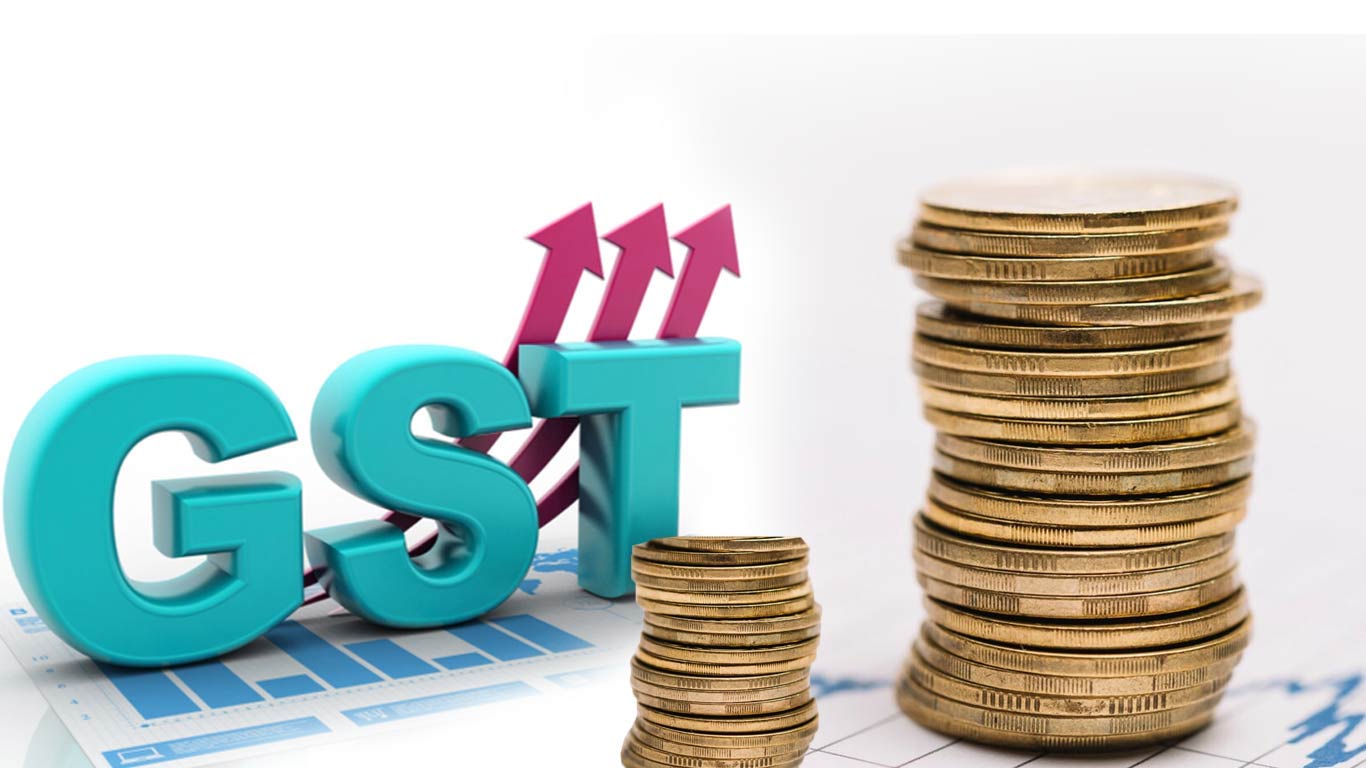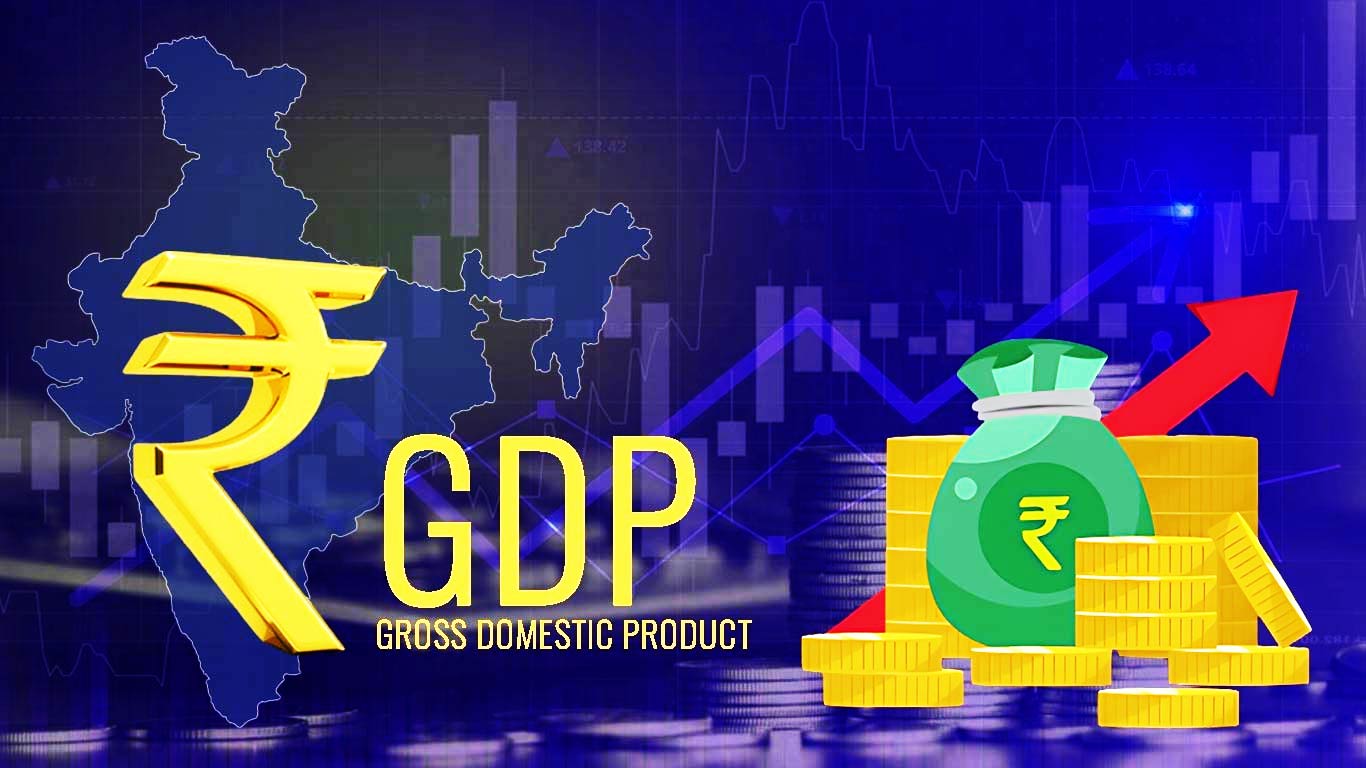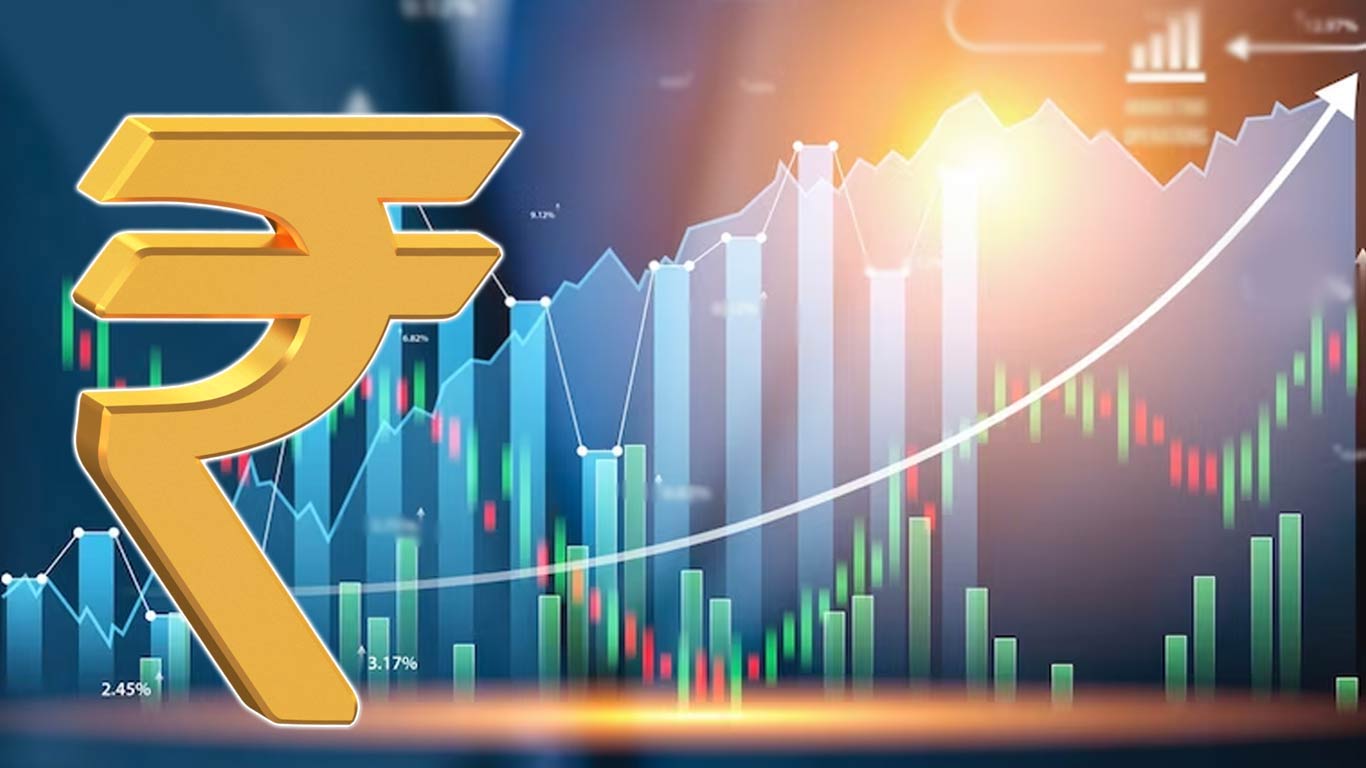India executives not confident in taking loans from banks: Survey Report
Updated: Oct 18, 2013 02:23:26pm

Individuals are becoming very conservative when it comes to taking loans from banks against fixed deposits or shares and bonds or even spending through credit card outstanding in the current financial year thanks mainly to sluggish state of economy and loss of consumer confidence, the study indicated.
“In the wake of slowdown in the industrial growth and services also getting impacted, job uncertainty among the young spenders, is working as a big dampener,” as per findings of the study by The Associated Chambers of Commerce and Industry of India (ASSOCHAM).
As per the banking data, loans against fixed deposits have declined by 1.6 per cent in the current fiscal while they had grown by an impressive pace of about 20 per cent annualised between August 2012 and August 2013.
Between March 2013 and up till the last week of August 2013, these advances have shown a decline reflecting a cautious mindset of the borrowers in this category, which are largely individuals.
“Firmness in interest rates is also one of the main reasons for the trend, since the deposit rates have been recently revised upward in the wake of tight liquidity position. Uncertainty resulting from economic slowdown and discouraging job scenario are also responsible for the individuals shying away from borrowing against their advances and deposits,” said ASSOCHAM.
Even the credit card users are becoming more cautious in making regular and timely payments of their dues since the interest rates charged on credit card outstanding are prohibitively high and not always transparent.
“There is a feeling that the credit card outstanding result is a kind of debt trap for the card-holders.”
No wonder the credit card outstanding have shown a negative growth of 5.2 per cent, even as the year-on-year growth in August, 2013 was a moderate 3.2 per cent.
“But the trend is becoming negative as credit card users are refusing to bite the trap of credit card over dues offers etc,” the ASSOCHAM study noted.
A similar trend has been witnessed in individuals or entities seeking bank loans in return for mortgaging shares and bonds. The amount deployed so far in the current financial year under this head has shown a negative trend to the extent of 6.6 per cent, while it had increased by 8.8 per cent in the previous year.
“In this case, the reasons seem to be two-fold- the borrowers are cautious and secondly given the volatility in the share market, banks have apparently become wary of extending loans against shares and bonds. They perceive as risk great volatility in share prices, particularly if the share price of the mortgaged security has seen a sharp decline. The issue of Mark-to-Market risks act as hindrance.”
The ASSOCHAM study observed that it is the sharp erosion in consumer confidence which has led to a decline in loan off take in the category of individual borrowers. However, the situation seems to different when it comes to large corporates which are facing liquidity problems, arising from almost a total drying of the corporate deposit (CDs) markets.
Banks, bitten by a large increase in their non-performing assets, are not too willing to lend to the big corporates for meeting their working capital needs, the companies. Banks, in line with the changed thinking in the government, want the corporates to use the CD market, which, unfortunately, has gone dry. (KNN/SD)











